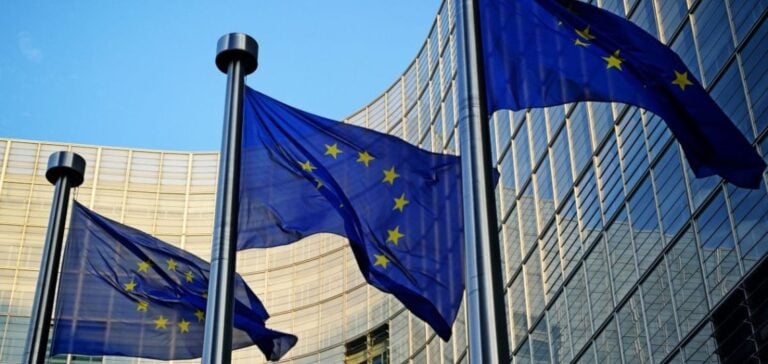Hungary, which holds the presidency of the European Union for the next six months, will be promoting geothermal energy to attract investment. This initiative is part of a continuum of support planned under the Polish Presidency of the EU Council in early 2025. Viktor Horváth, Deputy State Secretary for Energy Transition, highlighted this approach at the “Geothermal Power: The Light Under Your Feet” event organized by the European Geothermal Energy Council (EGEC) in Brussels, Belgium. While Viktor Orban favored Russian gas, the war changed all that. Geothermal energy could be the solution.
Hungary’s geothermal energy objectives
Hungary wants to strengthen the regulatory and financial framework for geothermal energy, aligning it with mining, thermal water management and environmental protection. Horváth declared: “We want to integrate [la géothermie] into the Council’s agenda and hope for a strong impetus.” Together with Poland, Hungary aims to step up this action plan to fully exploit Europe’s geothermal potential.
European Geothermal Action Plan
A European Geothermal Action Plan is proposed to solve the problems linked to manpower, skills, financing and permits that are currently holding back the development of geothermal energy. This proposal echoes EGEC’s call for a robust European geothermal policy, illustrated by the recent publication of the “Geothermal NOW” manifesto.
Situation and outlook for geothermal energy in Hungary
At present, geothermal energy accounts for around 6.5% of Hungary’s gross heat production, with a single geothermal plant at Tura, with an installed capacity of 2.7 MWe and 7.0 MWth. The Hungarian government has published a national strategy aimed at doubling the use of geothermal energy by 2030.
Outlook and Investments
Daniel Mes, from the office of European Climate Commissioner Wopke Hoekstra, supports these proposals, stating that “we need to look at how to invest in this business model, how to invest in drilling, facilitate permitting and share best practice on safety and public acceptance. The certainty of drilling needs to be established quickly, it’s not a question of public awareness but of permits.” Hungary and Poland, under their respective EU presidencies, could mark an important milestone for the European geothermal sector. By strengthening policies and improving regulatory and financial frameworks, the EU could see a significant expansion of geothermal energy, contributing to a more diversified and resilient energy sector.






















